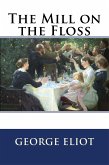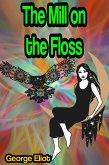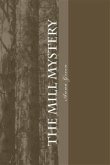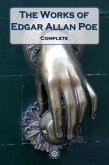"The Mill on the Floss" is based partially on Eliot's own experiences with her family and her brother Isaac, who was three years older than Eliot. Eliot's father, like Mr. Tulliver in the novel, was a businessman who had married a woman from a higher social class, whose sisters were rich, ultra-respectable, and self-satisfied; these maternal aunts provided the character models for the aunts in the novel. Like Maggie Tulliver, the protaginist, Eliot was disorderly and energetic and did not fit traditional models of feminine beauty or behavior, causing her family a great deal of consternation.
Recalling her own experiences as a girl, George Eliot describes Maggie's turbulent childhood with a sympathetic engagement that makes the early chapters of The Mill on the Floss among the most immediately attractive she ever wrote. As Maggie Tulliver approaches adulthood, her spirited temperament brings her into conflict with her family, her community, and her much-loved brother Tom. Still more painfully, she finds her own nature divided between the claims of moral responsibility and her passionate hunger for self-fulfillment.
Recalling her own experiences as a girl, George Eliot describes Maggie's turbulent childhood with a sympathetic engagement that makes the early chapters of The Mill on the Floss among the most immediately attractive she ever wrote. As Maggie Tulliver approaches adulthood, her spirited temperament brings her into conflict with her family, her community, and her much-loved brother Tom. Still more painfully, she finds her own nature divided between the claims of moral responsibility and her passionate hunger for self-fulfillment.









